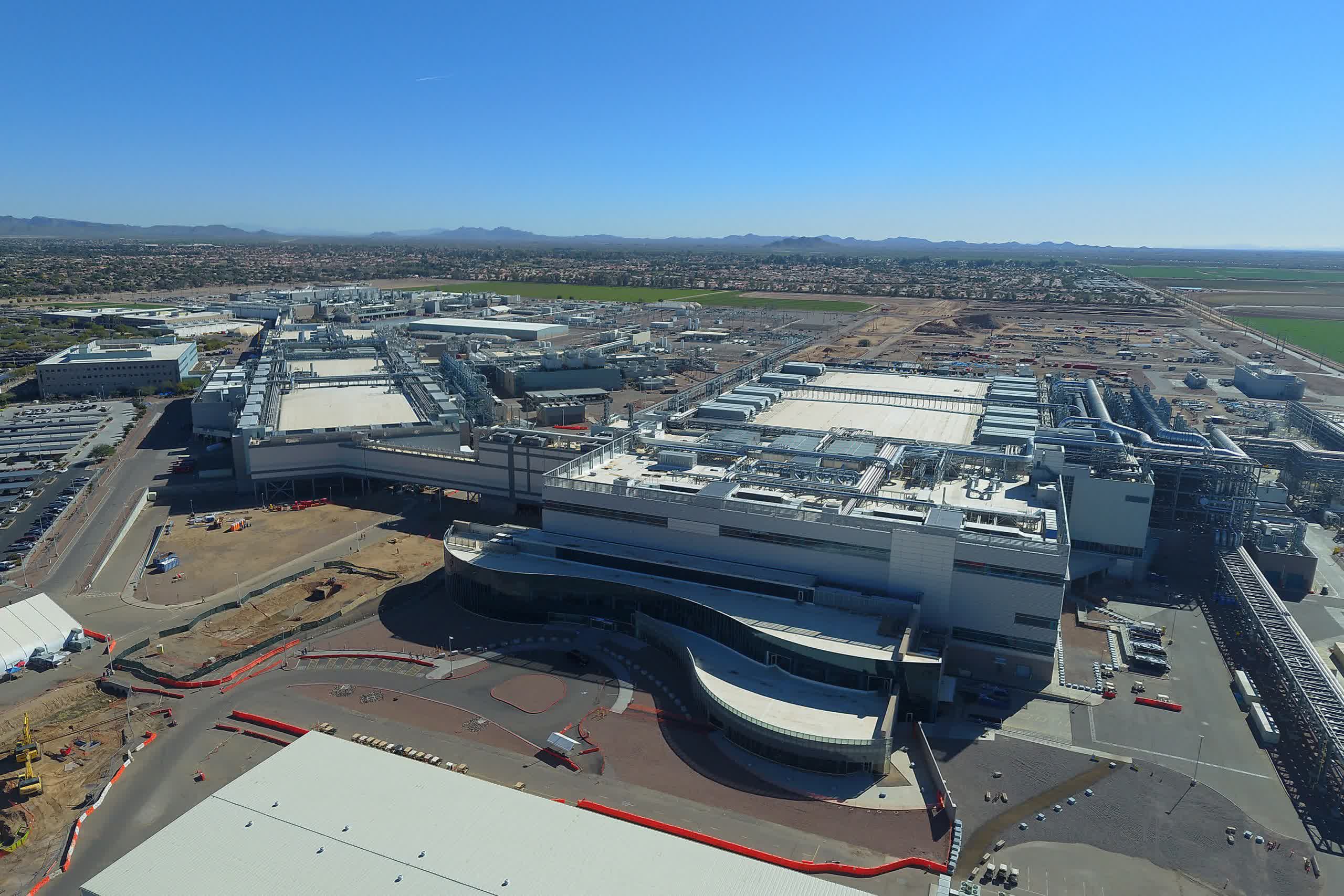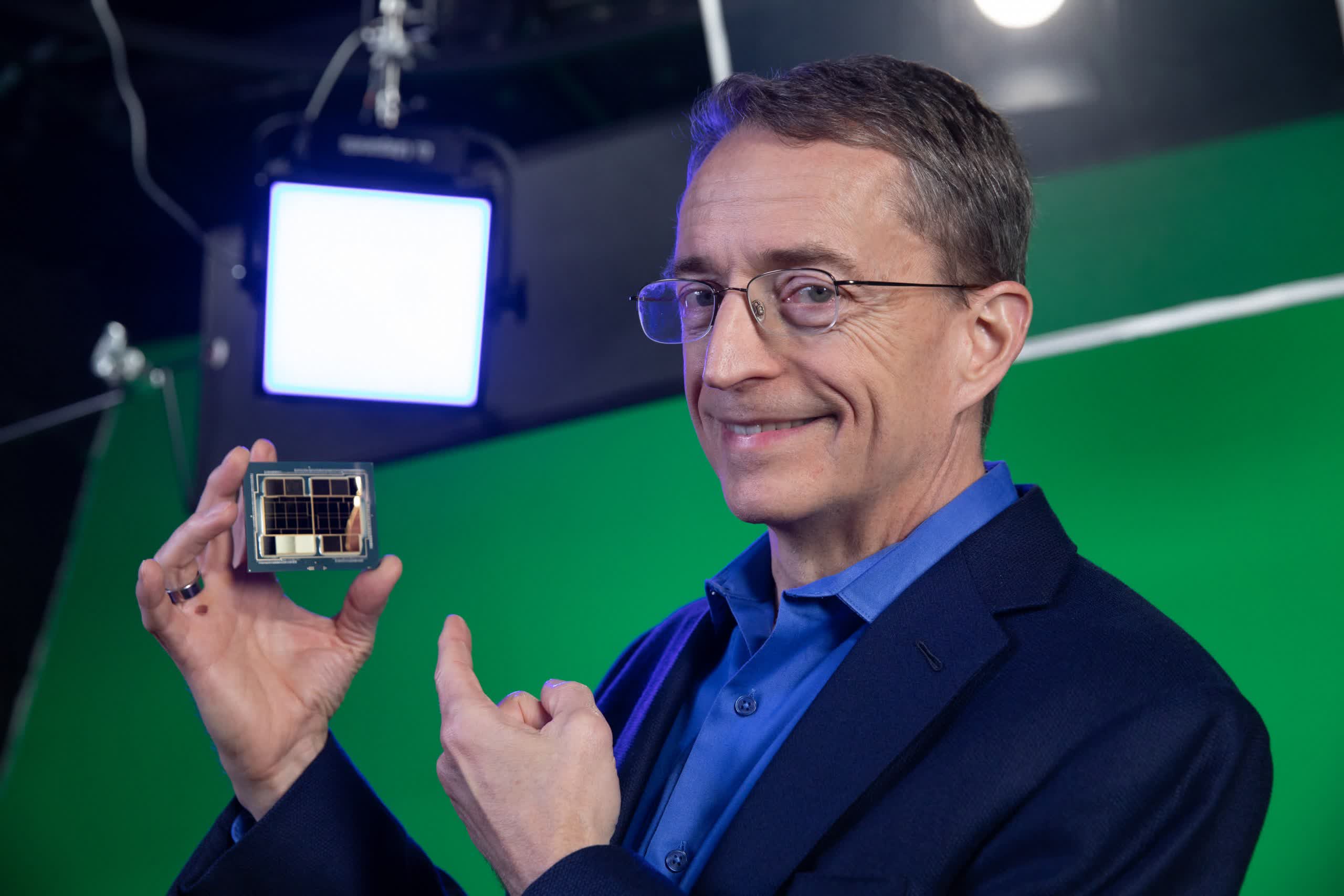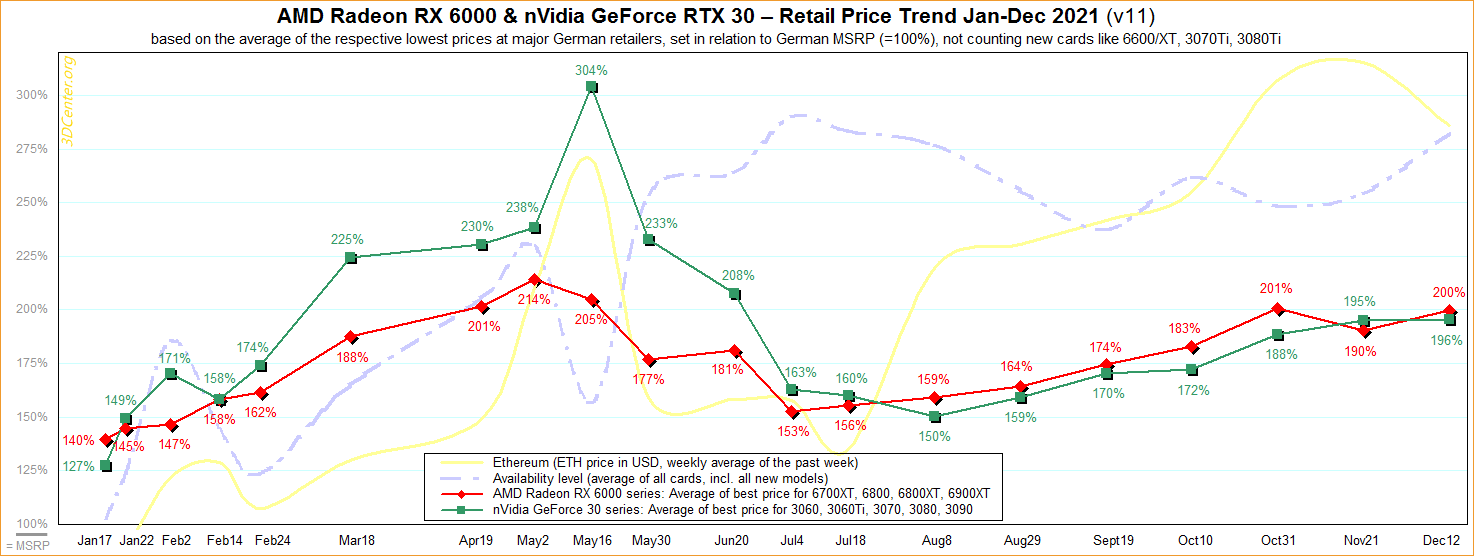Forward-looking: Intel CEO Pat Gelsinger has reiterated his belief that the global chip shortage will not improve until at least 2023. While Chipzilla has been investing heavily in new manufacturing facilities recently, the fruits of those endeavors won't be seen for several years.
Speaking in an interview with Nikkei Asia, Gelsinger reaffirmed that the issues consumers are facing when it comes to buying goods such as graphics cards, or anything with a chip in it, aren't going to get better next year.
Gelsinger made the statement during a trip to South East Asia for talks revolving around the importance of Asian manufacturing to Intel. The CEO also used the visit to announce that Intel would be spending $7.1 billion on a new facility in Malaysia, which comes after the company revealed it would invest up to €80 billion ($94.7 billion) in building new chip plants in Europe. There are also the two Arizona plants expected to become fully operational in 2024.

While Intel is investing plenty of money into its future manufacturing capacity, things aren't so rosy in the near term; Gelsinger has predicted that the chip shortage won't start to alleviate until 2023. Although some other big names in the industry, including AMD boss Lisa Su, believe 2022 is a more realistic forecast, the emergence of the Omicron Covid variant and increasing geopolitical tensions have put a dampener on hopes that the situation will improve sooner rather than later.
Gelsinger has recently been involved in a public spat (of sorts) with TSMC, having warned against relying too much on Taiwanese manufacturing, given China's increasing aggression in the region. "Beijing sent 27 warplanes to Taiwan's air defense identification zone this week. Does that make you feel more comfortable or less?" he said. The CEO also called for the US government to spend the $52 billion it has set aside for semiconductor funding exclusively on domestic companies.
Ampere and RDNA 2 prices make for depressing reading
TSMC responded by saying that reserving the $52 billion for American firms would be "very negative for the United States." Additionally, co-founder Morris Chang said that Gelsinger doesn't have enough time to take Intel back to the top due to its age restrictions on executives, though the company says its execs are asked to retire at 75 and not 65. However, Gelsinger appeared to change his tune during the Asia trip by calling TSMC "spectacular."
The chip shortage is being felt even more now that Christmas is around the corner. Consoles, PC hardware, and even domestic appliances are both difficult to find and more expensive---considerably more, in some cases. Facing another year of this is certainly a depressing thought.

